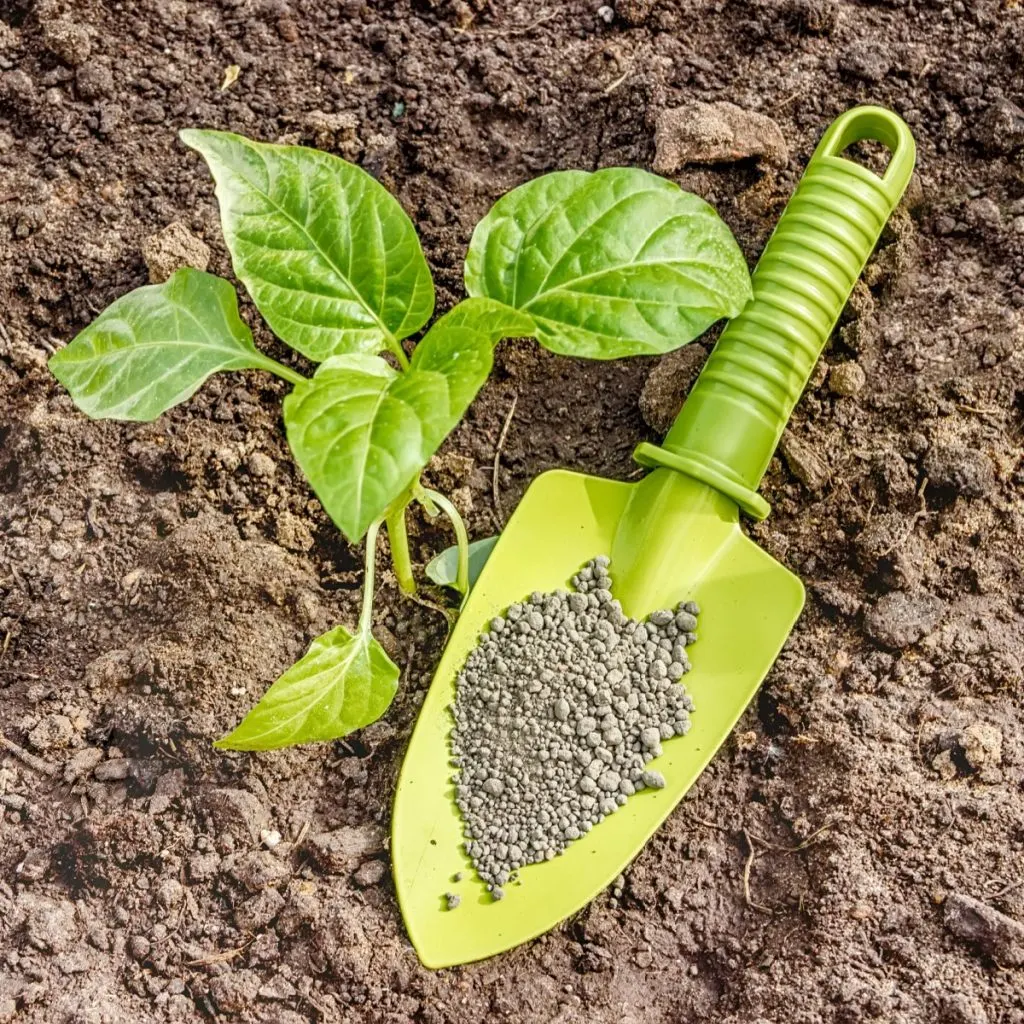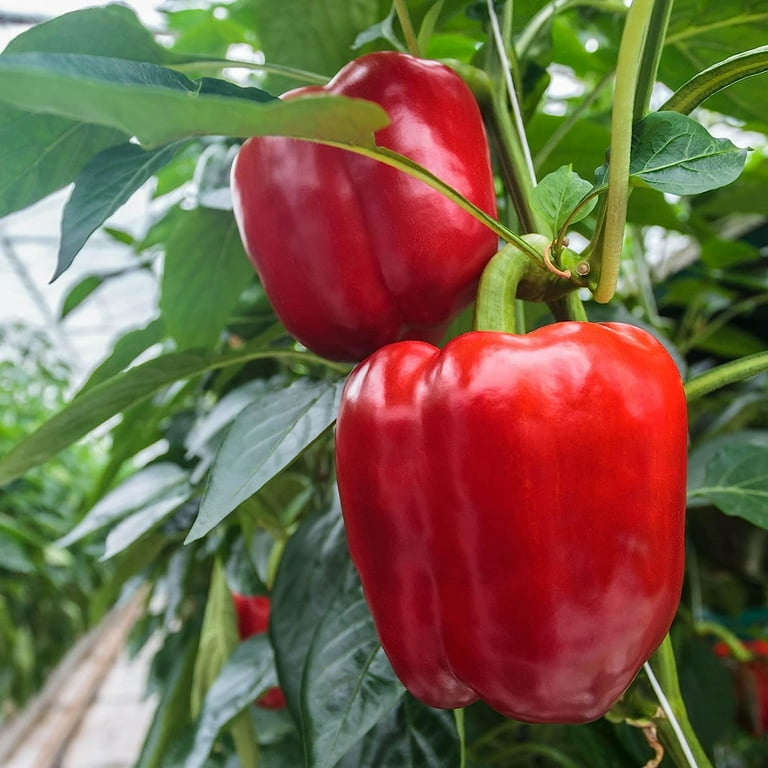Organic Vs. Synthetic Fertilizers: Which Is Best for Supporting Healthy Pepper Plants?
In the world of supporting healthy pepper plants, the choice between organic and artificial fertilizers stands as an essential choice with significant ramifications. While both alternatives purpose to give important nutrients to support plant development, the subtleties of their influence on the soil, plant health, and the atmosphere spark a debate that echoes throughout the gardening community. Comprehending the distinct advantages and potential challenges of each plant food type is important for pepper farmers looking for to enhance their yields while keeping an eco-conscious and lasting method.
Benefits of Organic Plant Foods
Organic plant foods supply an environmentally-friendly and sustainable technique to nourishing pepper plants, giving vital nutrients without the use of synthetic chemicals. These all-natural fertilizers are acquired from natural sources such as compost, manure, bone dish, and algae, advertising soil wellness and biodiversity. Unlike synthetic fertilizers, natural alternatives launch nutrients gradually, making sure a well balanced and steady supply for pepper plants to flourish.
One considerable benefit of organic plant foods is their capability to improve soil framework and water retention. By boosting dirt wellness, natural plant foods promote useful microbial task, which helps in nutrient uptake by pepper plants. Furthermore, organic fertilizers lower the danger of chemical run-off, protecting water sources from contamination and protecting the environment.
Moreover, natural plant foods add to long-term dirt fertility by advertising the development of beneficial soil organisms. These organisms help damage down organic issue, launching nutrients in a form that is conveniently obtainable to pepper plants. best fertilizers for peppers. By fostering a healthy dirt community, organic plant foods support sustainable pepper cultivation methods that profit both plants and the atmosphere
Disadvantages of Artificial Plant Foods
Synthetic plant foods, in comparison to their natural equivalents, posture different downsides when utilized to nurture pepper plants, influencing both plant health and environmental sustainability. One major drawback of artificial fertilizers is their propensity to seep nutrients from the soil rapidly. This fast leaching can lead to vitamins and mineral imbalances in the dirt, triggering plants to experience from poisonings or shortages. In addition, artificial plant foods can harm useful soil organisms, such as earthworms and advantageous bacteria, disrupting the soil ecosystem's balance.
In addition, the overuse of artificial fertilizers can add to water air pollution. Excess plant foods not taken in by plants can get rid of into water bodies, causing eutrophication, where algae blooms deplete oxygen levels in the water, hurting water life. Additionally, synthetic plant foods are commonly originated from non-renewable resources, such as fossil fuels, adding to carbon discharges and ecological deterioration during their production.
Nutrient Absorption Comparison
When contrasting natural and synthetic plant foods in terms of nutrient absorption, organic plant foods have the advantage of giving a more well balanced redirected here and slow-release source of nutrients. Organic plant foods contain a range of macro and trace elements that are not only helpful for the plants but also promote healthy soil microbial task, which helps in nutrient uptake.
Moreover, organic plant foods boost soil framework and water retention capacity, permitting pepper plants to access nutrients much more efficiently. This enhanced dirt top quality assists in origin development, allowing much better nutrient absorption. Synthetic plant foods, although initially enhancing plant development because of their high nutrient concentrations, might prevent long-lasting nutrient absorption by derogatory dirt health and wellness with time.
Environmental Effect Factors To Consider

On the various other hand, artificial plant foods, although commonly more focused and quickly available to plants, can have harmful effects on the environment otherwise used properly (best fertilizers for peppers). Their manufacturing calls for high power inputs, leading to greenhouse gas discharges and contributing to climate adjustment. The drainage of excess synthetic fertilizers can pollute water resources, leading to eutrophication and harming water communities.
Best Plant Food Practices for Peppers
When feeding pepper plants, optimizing nutrient uptake and decreasing ecological effect are vital factors to consider. To achieve this, it is vital to comply with finest plant food techniques customized to the details requirements of pepper plants. One vital method is to carry out a dirt test before using any plant foods. This test can determine the pH degree of the soil and determine any nutrient shortages, assisting you in choosing one of the most suitable plant food formulation.
An additional crucial method is to fertilize pepper plants at the right time. Typically, peppers take advantage of getting fertilizer at growing and then again when they start to flower. Over-fertilizing can cause nutrient inequalities and hurt the plants, so it is important Read Full Article to comply with recommended application rates.
Additionally, choosing a balanced plant food with an NPK proportion that fits pepper plants' needs is essential. Inevitably, incorporating synthetic and organic fertilizers sensibly can assist nurture healthy and balanced pepper plants while decreasing environmental impact.
Conclusion

Organic plant foods provide a lasting and environmentally-friendly strategy to beneficial pepper plants, giving important nutrients view website without the use of artificial chemicals. Unlike synthetic plant foods, organic alternatives release nutrients gradually, making certain a well balanced and steady supply for pepper plants to flourish.
Synthetic plant foods, in comparison to their organic counterparts, posture different downsides when made use of to nourish pepper plants, influencing both plant health and wellness and environmental sustainability. When contrasting organic and artificial fertilizers in terms of nutrient absorption, natural plant foods have the advantage of offering a much more well balanced and slow-release resource of nutrients.Moreover, organic fertilizers enhance soil structure and water retention ability, allowing pepper plants to access nutrients extra successfully.